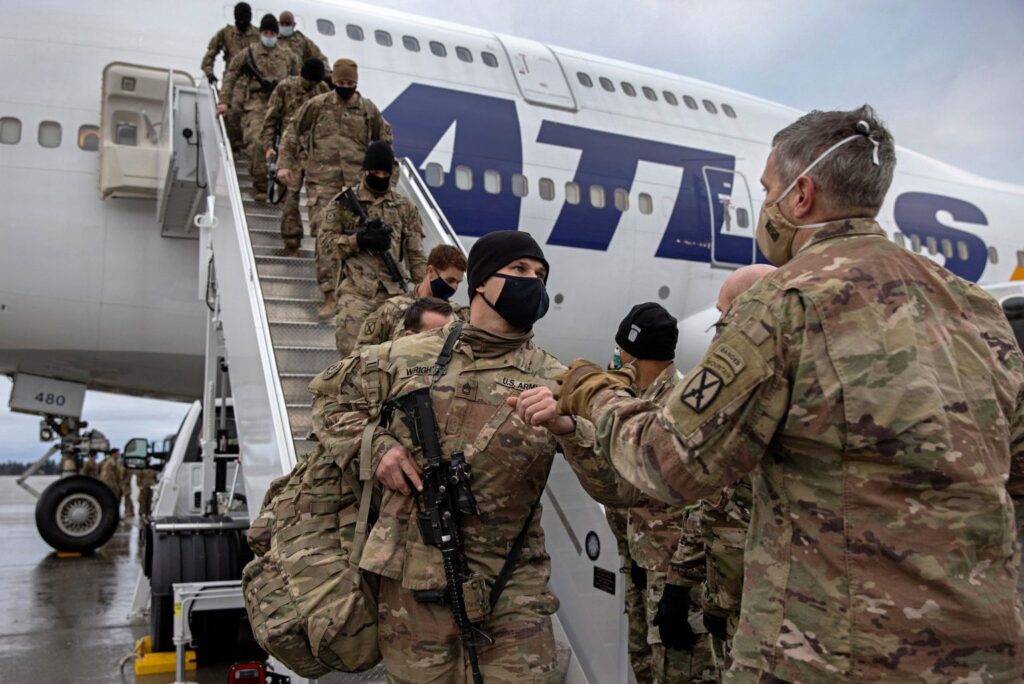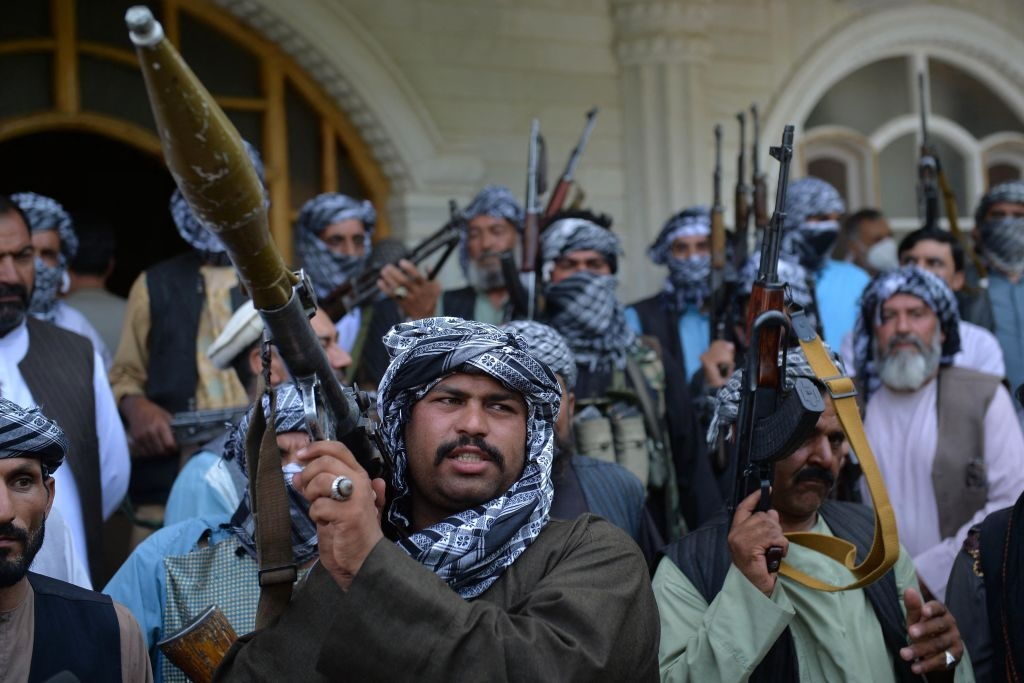Afghanistan: 270,000 newly displaced this year, warns UNHCR
The worsening security situation across Afghanistan in the wake of foreign troop withdrawal and Taliban advances, has forced an estimated 270,000 from their homes since January, the UN refugee agency (UNHCR) reported on Tuesday, bringing the total internally displaced to more than 3.5 million.







